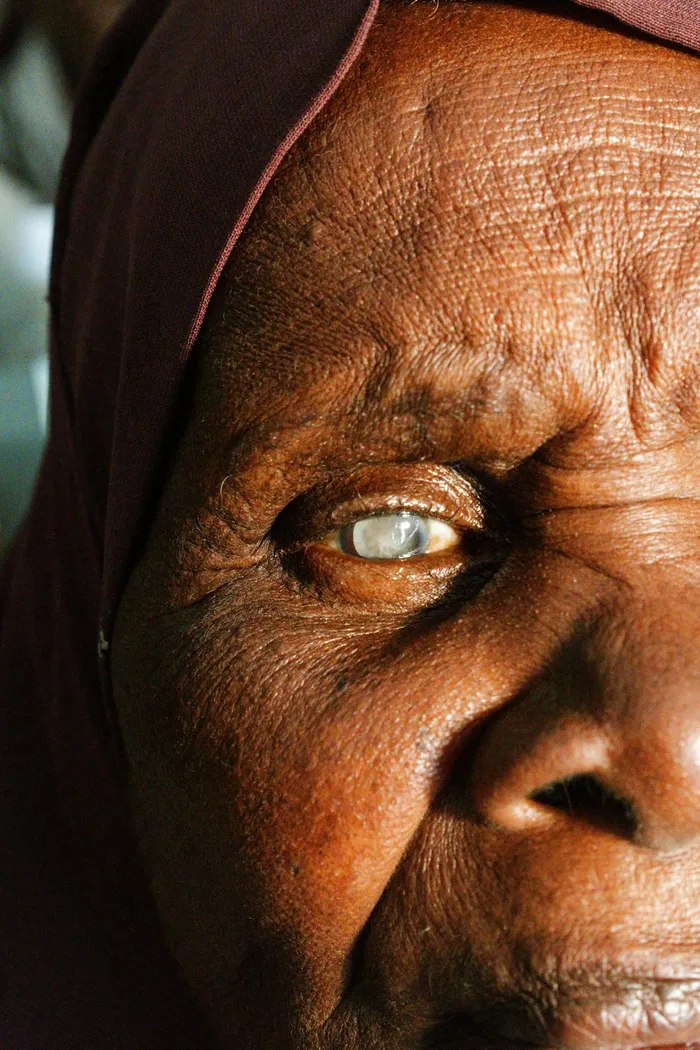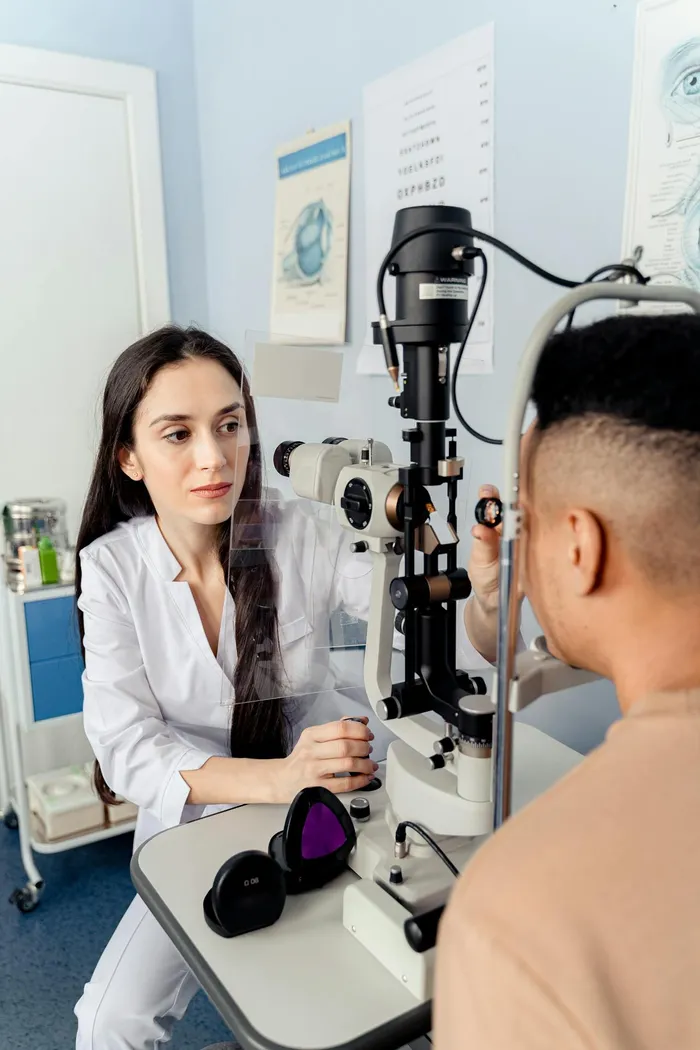Cataracts explained: What they are and why you shouldn't ignore them
HEALTH

As we mark Cataract Awareness Month, it’s a good time to bring our eye health back into focus because the truth is, cataracts are the world’s leading cause of blindness.
Image: Şeyhmus Kino/pexels
You’d be forgiven for thinking cataracts are an “old person’s problem”.
After all, we often associate them with grey hair and reading glasses. But more South Africans are being diagnosed with cataracts much earlier in life and it’s affecting how they live, work and drive, especially at night. So, what’s going on?
And do you always need surgery to fix it? As we mark Cataract Awareness Month, it’s a good time to bring our eye health back into focus because the truth is, cataracts are the world’s leading cause of blindness, according to the World Health Organization, yet they’re also one of the most treatable.
What are cataracts, really?
Simply put, cataracts happen when the lens of your eye becomes cloudy, almost like someone smeared Vaseline on your glasses. Wesley Language, an optometrist from Execuspecs, explains, “It’s like looking through a foggy window. Over time, it distorts your vision, dulls colours and makes tasks like reading or recognising faces difficult.
While age is a major risk factor, cataracts don’t always wait for your 60s. In fact, younger South Africans, some in their 30s and 40s, are experiencing early-onset cataracts due to factors like:
Diabetes
Smoking
Excessive sun exposure
Eye injuries
Family history
“There’s a misconception that eye problems only start later in life,” says Language.
"But by the time you’re struggling to see at night or feeling like your glasses never work quite right, the cataract may already be advanced.”

While age is a major risk factor, cataracts don’t always wait for your 60s.
Image: Karolina Grabowska/pexels
How cataracts disrupt daily life
The early symptoms of cataracts can be subtle slightly blurry vision, sensitivity to light, or colours looking a bit faded. But as they progress, they can seriously impact your quality of life.
You might: Struggle to drive at night due to glare from headlights
Avoid reading because the text feels too fuzzy
Feel disconnected in social settings because faces aren’t clear
Experience frustration at work, especially in front of screens.
This kind of slow, creeping vision loss can be isolating, especially for younger people who aren’t prepared for it.
Do you always need surgery? The good news is that not every cataract needs surgery right away. If caught early, your optometrist may recommend regular monitoring, stronger prescription lenses and lifestyle changes to slow progression.
But when cataracts begin to interfere with daily functioning, such as when you’re constantly squinting at your computer or feeling unsafe driving at night, surgery is often the best option.
And thankfully, it’s one of the most common and successful surgeries in the world. The cloudy lens is simply replaced with a clear artificial one, often restoring vision almost immediately.“It’s a life-changing procedure,” says Language. “Patients often don’t realise how much they’ve adapted to poor vision until they see clearly again.”
Can you prevent cataracts?

not every cataract needs surgery right away. If caught early, your optometrist may recommend regular monitoring, stronger prescription lenses and lifestyle changes to slow progression.
Image: Antoni Shkraba Studio /pexels
You can’t guarantee prevention, but you can lower your risk and catch changes early. Here’s how:
Get regular eye tests
Book a comprehensive exam every 24 months, even if you think your vision is fine.
Wear UV-protective sunglasses
South African sun exposure is no joke. Protect your eyes like you would your skin - stylish UV-blocking shades are a must.
Eat for your eyes
Foods rich in antioxidants like spinach, sweet potatoes and citrus fruits help support lens health. Ditch the cigarettes. Smoking increases oxidative stress in the eye - another reason to cut the habit.
Follow the 20-20-20 rule
Every 20 minutes, look 20 feet (about 6 metres) away for 20 seconds. It gives your eyes a break from digital strain.
Why this matters more than ever
Vision isn’t just about seeing clearly - it’s about living freely.
Driving yourself to work. Reading your child a bedtime story. Seeing your mother’s face light up when you walk into the room. Cataracts slowly chip away at those everyday joys.
“Proactive eye care isn’t only about protecting your vision, it’s about protecting your independence, your wellbeing and your quality of life,” says Language.
Eye health often gets pushed to the bottom of our to-do list until it’s too late. But cataracts remind us that early action can preserve not just our vision, but the way we live our lives.